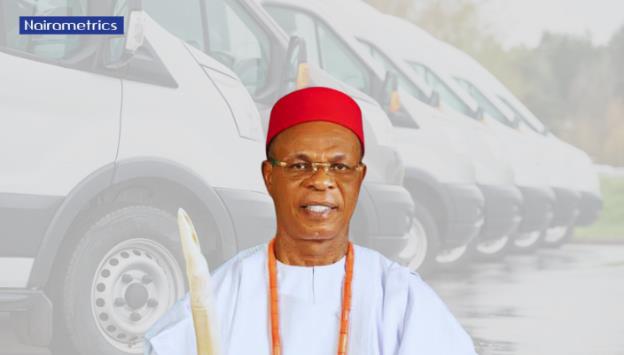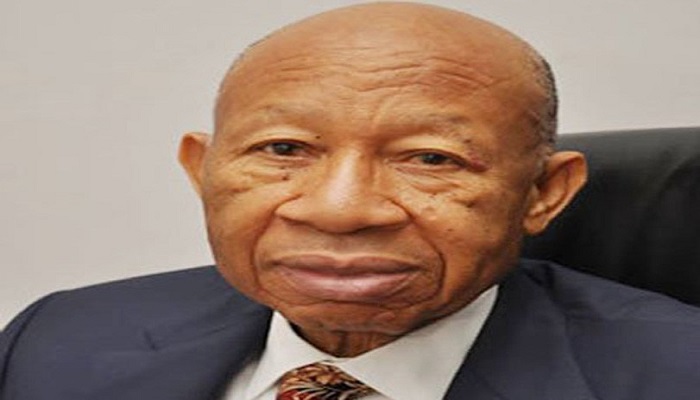Mass transit is the lifeline of Nigeria’s economy, connecting cities, enabling commerce, and transporting millions daily.
But behind the movement of people and goods across the country lies a powerful but often under-celebrated force: Nigeria’s locally owned transport companies.
While most of the sector is dominated by state-run bus services or operators working under local motor park licenses, a distinct category of transport companies has quietly scaled up across the country.
Built from scratch, these businesses started with humble beginnings: a few buses, a regional route, and a vision. Decades later, they’ve evolved into nationwide operations, boasting fleets of hundreds (even thousands) of vehicles that serve commuters, traders, and travelers across all 36 states and beyond.
From the busy terminals of Lagos to the far reaches of Sokoto and Calabar, these companies have turned inter-state transport into a structured, high-volume enterprise.
This report is not meant to set up a paradox or downplay the importance of state-run bus systems or informal motor park operators, which also play indispensable roles in Nigeria’s transport landscape. Rather, it highlights the specific contributions of private companies that have built scalable, formalized mass transit operations with verifiable footprints and significant economic impact.
It’s important to note that while there are many transport operators across the country, this story focuses on companies and founders for whom substantial and publicly verifiable data exists either through official websites, historical records, or independent points of contact within the industry.
These include companies with trackable operations, documented growth trajectories, and active engagement with customers and regulators alike.
Despite challenges like poor road infrastructure and rising fuel costs, these local transit giants have remained resilient, keeping the wheels turning for millions.
In this edition, we explore how Nigeria’s transport sector thrives on local ownership, innovation, and the drive to connect a nation on the move.

Founded in 1981 by Chief Dr. Chidi Anyaegbu (MFR), Chisco Transport began as a modest spare parts retail business in southeastern Nigeria. Today, it stands as a leading player in West Africa’s transportation and logistics sector, with over 500 fleet capacity, extensive warehousing and distribution networks, and more than 35 years of operational experience.
Headquartered in Nigeria, Chisco Transport provides road transport services across major cities, including Lagos, Abuja, Port Harcourt, and Onitsha, while also serving international routes to Togo, Accra (Ghana), and Abidjan (Benin Republic). Its footprint across the West African coast makes it one of the few indigenous transport companies with reliable cross-border operations.
Dr. Anyaegbu, who also serves as Chairman and CEO of the Chisco Group, has expanded the company into a multifaceted conglomerate with interests in oil and gas, hospitality, courier services, and real estate. He holds several prestigious honors, including being a Distinguished Fellow of the Chartered Institute of Logistics and Transport (International), London, an Honorary Fellow of the Institute of Internal Auditors of Nigeria, and a Member of the Order of the Federal Republic (MFR). In 1996, he received an honorary doctorate in Business Administration from Penn State University, USA.





















Nigerian local business should be encouraged by all as a potential future hub that can help support the national economic challenges
Our government and citizens at large should support and give grant to any viable business striving to grow irrespective. That way. Nigeria economy will grow and GDP surge over time
Daniel
Perfect
This article is very one-sided, reporting only the Igbos in the business, representing Deborah’s allegiance and primary constituencies. What happens to other major operators, such as, Big Joe Motors operating from Benin City to other parts of Nigeria — Abuja, Lagos, Kano, Warri, etc.
Also the likes of Agofure was not mentioned.
I was to make the same observation, but I felt I didn’t know much about the transport business in Nigeria.